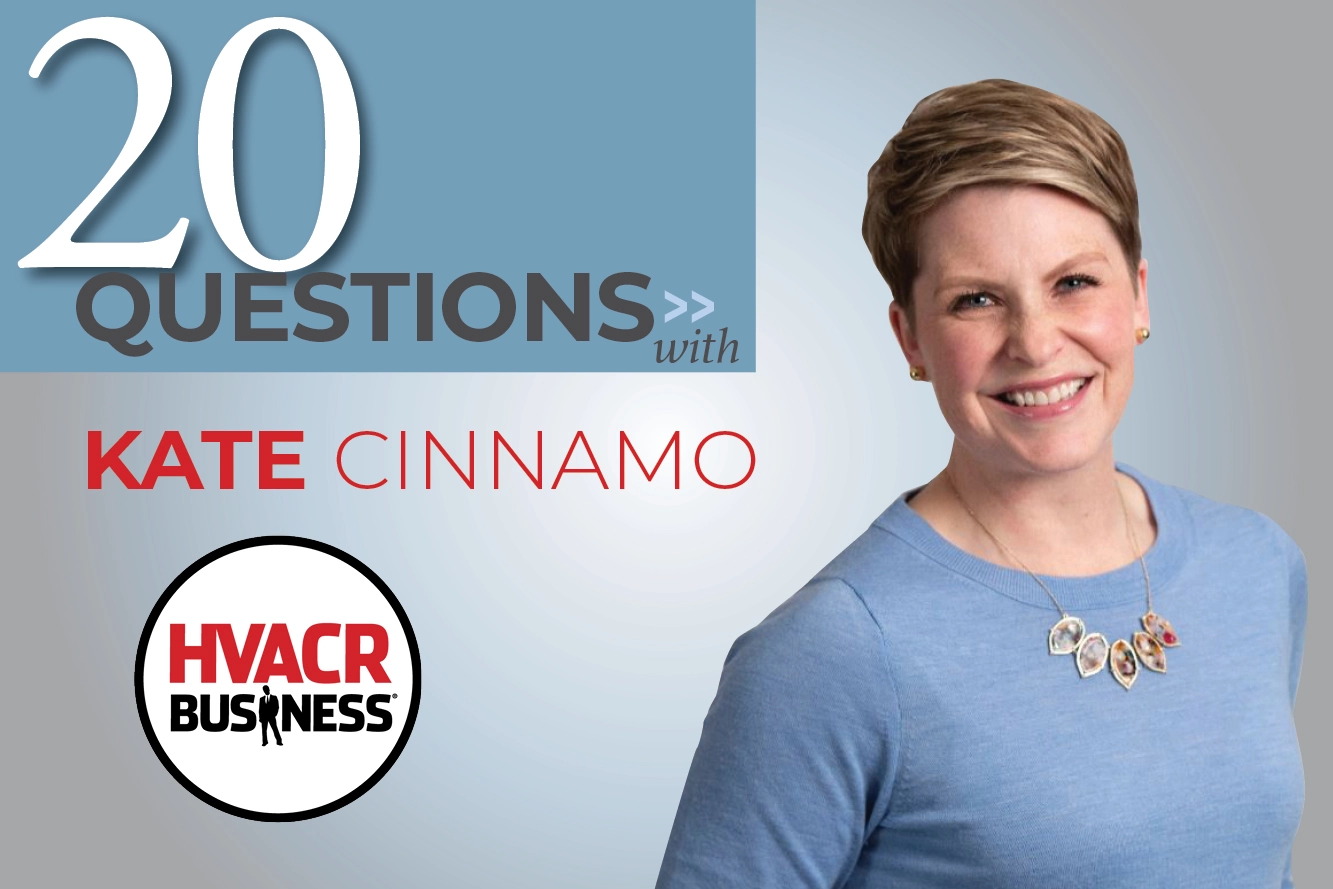This story is a bit about sales, salesmanship, and customer service.
Realizing the lease on my car was due to expire, I began searching for a replacement. And since I was considering everything from a 4-by-4 crew cab pickup truck to a two-seat sports car (I really need two vehicles), I thought I would get started on the project early because the car show had just arrived in town.
Turns out that going to the show didn’t help much because I couldn’t drive any of the cars, and thus began my weekend visits to various dealerships for a test drive and to determine what type of deal we could put together.
Unlike most people, I enjoy this experience, and here’s why. I do a fair amount of research on the vehicle I’m interested in before going to a dealer, and so I know what options and extras I want and which ones I’m not willing to pay for.
But I think I enjoy the sales process the most. How do they move from point A to point B, and then to C? Is the sale made logically? Does the sales person ask questions to understand my driving habits? Or are they simply interested in moving a unit? Do they use high-pressure tactics, or low-pressure tactics? Do they understand what they are selling?
Between January and May, I test drove 11 vehicles, six of which I was interested enough in to ask for pricing.
I had no interest in purchasing. I asked for pricing on a 36-month lease with zero down. Four returned with only pricing for a purchase.
Huh? I asked for pricing on a lease. Why did you bring me pricing to buy?
Um…ah… my sales manager gave this to me.
Did you explain I wanted zero down and a 36-month lease?
Yes.
Is it possible to get what I requested?
Wait, I’ll go check. Here’s what you wanted, the price for a 36-month lease with $3,000 down.
Thank you. Goodbye.
And so it went.
Finally, I had narrowed the search to one vehicle. Three dealers in my area had the vehicle, but only one had it in my preferred color (white) and was also the closest to my home.
A salesman named Keith greeted me at the door, took me for a test drive, and we began negotiations. He came back with the price for the lease I requested; however, the unadjusted “capitalized cost,” or selling cost, was sticker price. When I questioned this, I was told that there was a huge back order on this particular model, and they were extremely hard to get. I was “lucky” to be first in line.
I mentioned that two other dealers in the area had six in their inventory. He replied it was common for dealers not to update their current inventory. I asked if this was a practice his dealership employed, and he assured me it was not. I told Keith I thought I better take a ride to Dealer B just to check things out. He asked if I would wait while he discussed the situation with his manager. Funny, the next piece of paper he brought out had a price that was significantly less. We negotiated other smaller items, and I signed the paperwork after listening to their finance manager try to sell me everything from security systems to car waxes for 45 minutes. After that, I was practically begging to sign my John Hancock.
The next morning I was having a cup of coffee and reviewing my paperwork. Oops. What’s this $400 disposition fee?
No one mentioned that, and of the three documents outlining required payments, it was listed on only one. I emailed Keith, who responded that it was like an early termination fee on a cell phone. I told him that was a horrible analogy because I would be charged the fee after the term of the lease. At this point his sales manager, Peter, stepped in and wrote me that he was sorry no one explained the fee. Further, they had come down on the price of the vehicle, and waiving the fee was “not an option.” Further, they were “up front” with pricing. They put the fee in writing, and I simply chose not to read it. Interesting approach.
Seeing where this was headed, I asked a simple question: At any point prior to signing the paper work, did you or Keith or the finance manager have an obligation to disclose to me a disposition fee was included in the lease? Answer: I really would prefer not to get into a dispute over something you chose not to read. The simple answer is no, we have an obligation to disclose term, payment, and money due at signing on your lease. Again, I understand your frustration because I would be frustrated with myself as well if I chose not to read something I signed.
Of course Peter was right. I signed a contract before I reviewed every single number. Lesson learned. However, here’s the lesson for Peter: The cost of my irritation was 1% of the value of the vehicle. He could have easily made this go away, something he said he could not do because it was a manufacturer fee. So be it. I’m sure the other two dealers will enjoy my maintenance business the next three years valued at approximately $2,500. And it’s a pretty good bet I won’t be a return customer. Yes, customers are fickle. And whomever said it’s always the small things that make or break a deal or relationship was right.
Sales and the sales process and its principles are the same across the board, and it doesn’t matter if you’re selling vehicles, heating-and-cooling equipment or advertising.
Customers want knowledgeable salespeople who help them buy, rather than being sold to. And, they want good follow up and support. It’s so simple and basic. And, the little things matter the most. They are what lead to repeat customers and good word-of-mouth advertising — or not.






